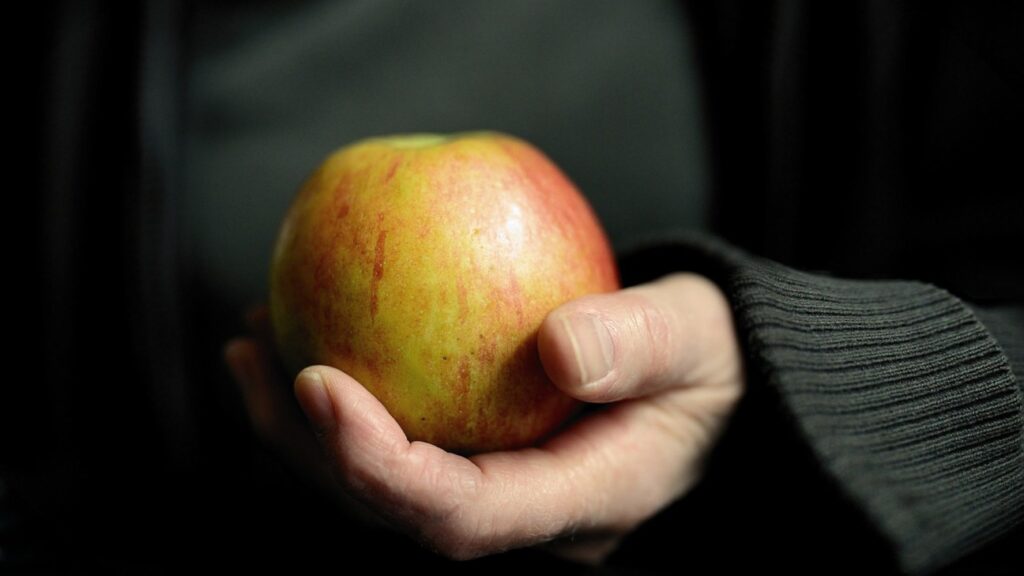Evidence Based
This article relies on solid scientific evidence, authored by experts, and thoroughly fact-checked by specialists.
Our team of licensed nutritionists and dietitians strives to maintain objectivity, impartiality, and honesty. We aim to present a fair representation of both sides of the argument.
Scientific references are included throughout this article. The numbers in parentheses (1, 2, 3) are clickable links to peer-reviewed scientific papers. These sources further support the information provided.

Arthritis, a prevalent condition affecting millions worldwide, poses challenges that extend beyond joint discomfort. It requires a comprehensive approach, with nutrition playing a pivotal role in managing symptoms and promoting overall well-being. In this comprehensive guide, we’ll delve into the realm of arthritis-friendly eating, unveiling the foods and beverages that are best avoided for the sake of joint health.
The Intersection of Nutrition and Arthritis
Before we embark on our journey of dietary exploration, it’s essential to understand the intricate connection between what we consume and how it impacts arthritis.
Arthritis encompasses a wide range of conditions, with over 100 different types identified. Among them, osteoarthritis (OA) stands out as the most prevalent form. Additional types include rheumatoid arthritis (RA), psoriatic arthritis (PsA), and gout (1
PubMed Central
Highly respected database from the National Institutes of Health
Go to source ).
The foods we choose can either fuel inflammation or act as powerful anti-inflammatory agents. For those grappling with arthritis, the latter should be the primary focus.
The Offenders: Foods to Sidestep
- Processed Delights: Processed foods, laden with trans fats, refined sugars, and excessive sodium, are ardent promoters of inflammation. Steering clear of these can be a significant step toward easing arthritis symptoms. Fast food, packaged snacks, and sugary treats should be approached with caution.
- Saturated Fat Bombs: Foods rich in saturated fats, such as fatty cuts of meat, full-fat dairy, and certain oils, can kindle inflammation. Opting for leaner protein sources and healthier fats like olive oil can offer respite to your joints.
- Gluten-Loaded Fare: Gluten, found in wheat and related grains, has been associated with exacerbating arthritis symptoms in some individuals. Exploring gluten-free alternatives can be a worthwhile endeavor.
- Nightshade Vegetables: Tomatoes, peppers, eggplants, and potatoes belong to the nightshade family, and some arthritis sufferers report heightened symptoms after consuming these. While research is inconclusive, monitoring your body’s response can guide your choices.
- Sugar’s Stealthy Effects: Added sugars not only contribute to weight gain but also trigger inflammatory responses. Cutting down on sugary beverages and desserts can be a game-changer.
- Excessive Omega-6 Fats: Although essential, an imbalance between omega-6 and omega-3 fatty acids can promote inflammation. Limiting sources of omega-6, like certain vegetable oils, and incorporating omega-3-rich foods like fatty fish can strike a healthier equilibrium.
Summary
Learn to navigate away from processed foods, saturated fats, gluten, nightshade vegetables, excess sugar, and imbalanced omega-6 fats to minimize inflammation and manage arthritis effectively.
Fluids that Fuel Inflammation
- Sugary Sips: Sugar-sweetened beverages provide little more than empty calories and a surge in blood sugar levels. Regular consumption can stoke the fires of inflammation.
- Alcohol’s Double-Edged Sword: While some research suggests moderate alcohol intake might have anti-inflammatory effects, excessive drinking can worsen arthritis symptoms. It’s wise to tread cautiously.
Summary
Understand the impact of sugary beverages and alcohol on arthritis, and discover how mindful choices in fluid consumption can contribute to alleviating inflammatory symptoms.
Empowering Choices: Your Anti-Inflammatory Arsenal
- Vibrant Fruits and Vegetables: These natural wonders are brimming with antioxidants, vitamins, and minerals that combat inflammation. Berries, cherries, leafy greens, and citrus fruits are particularly potent.
- Lean Proteins: Fish, skinless poultry, beans, lentils, and tofu provide protein without the inflammatory baggage often associated with red meat.
- Whole Grains, Mindfully Chosen: Whole grains like quinoa, brown rice, and oats offer fiber and nutrients minus the gluten. They can be integral to a joint-friendly diet.
- Healthy Fats: Avocados, nuts, seeds, and olive oil bestow monounsaturated fats, which have anti-inflammatory properties and can contribute to joint health.
- Hydration Heroes: Water is the ultimate elixir for overall health. Herbal teas can also provide soothing warmth without the drawbacks of caffeine or added sugars.
Listening to Your Body
While these guidelines serve as valuable signposts on your journey to arthritis management, it’s crucial to remember that every body is unique. Keeping a food journal can help you identify specific triggers or patterns, enabling you to make personalized, informed choices.
Conclusion
As we bid adieu, armed with knowledge and an arsenal of joint-friendly foods, remember that the path to managing arthritis through nutrition is a continuous, evolving one. Embracing an anti-inflammatory diet is not just about what you leave off your plate but also about the nourishment you joyfully incorporate. By making conscientious choices, you’re not only empowering your joints but also cultivating a holistic sense of well-being that radiates from within.




